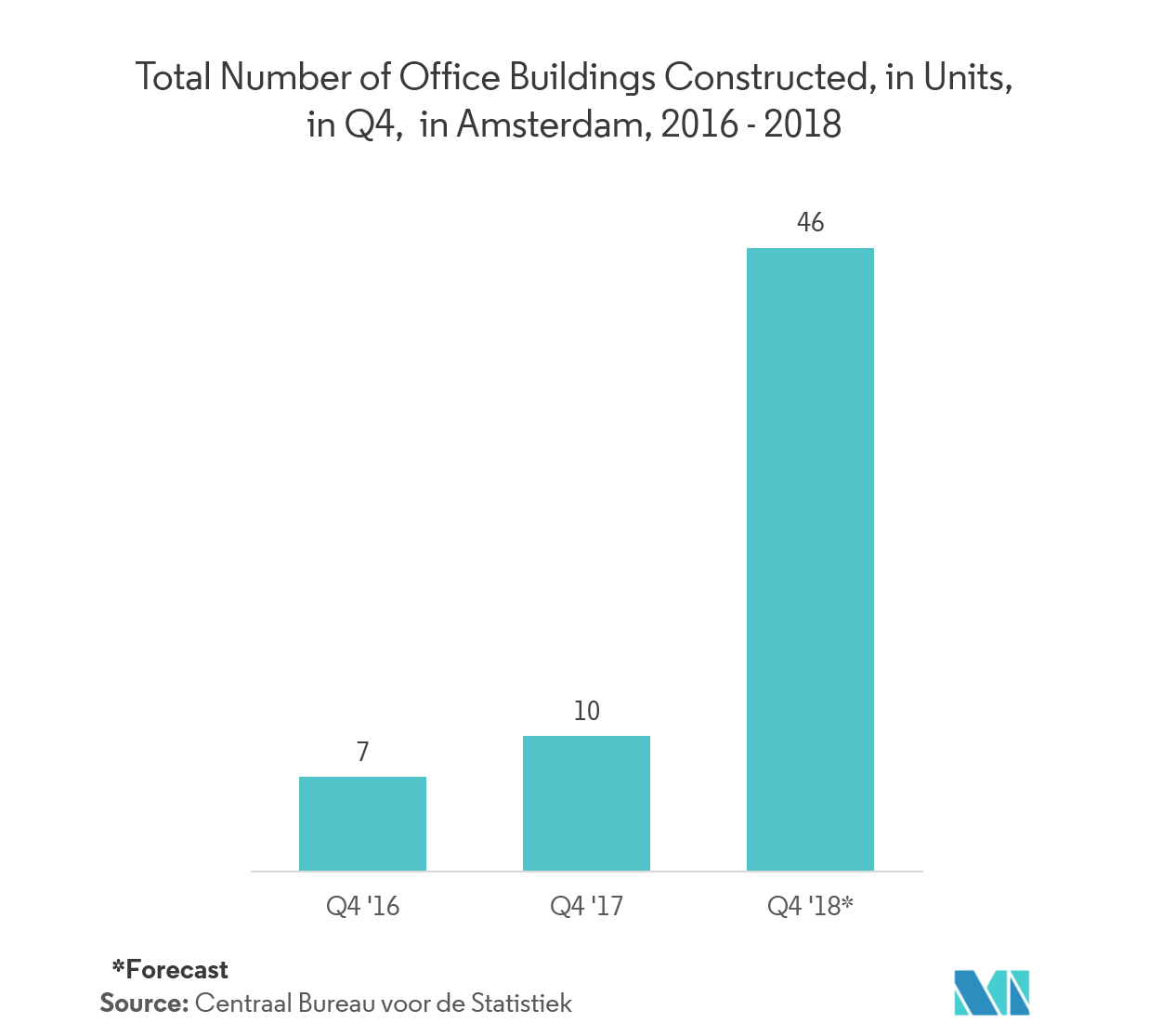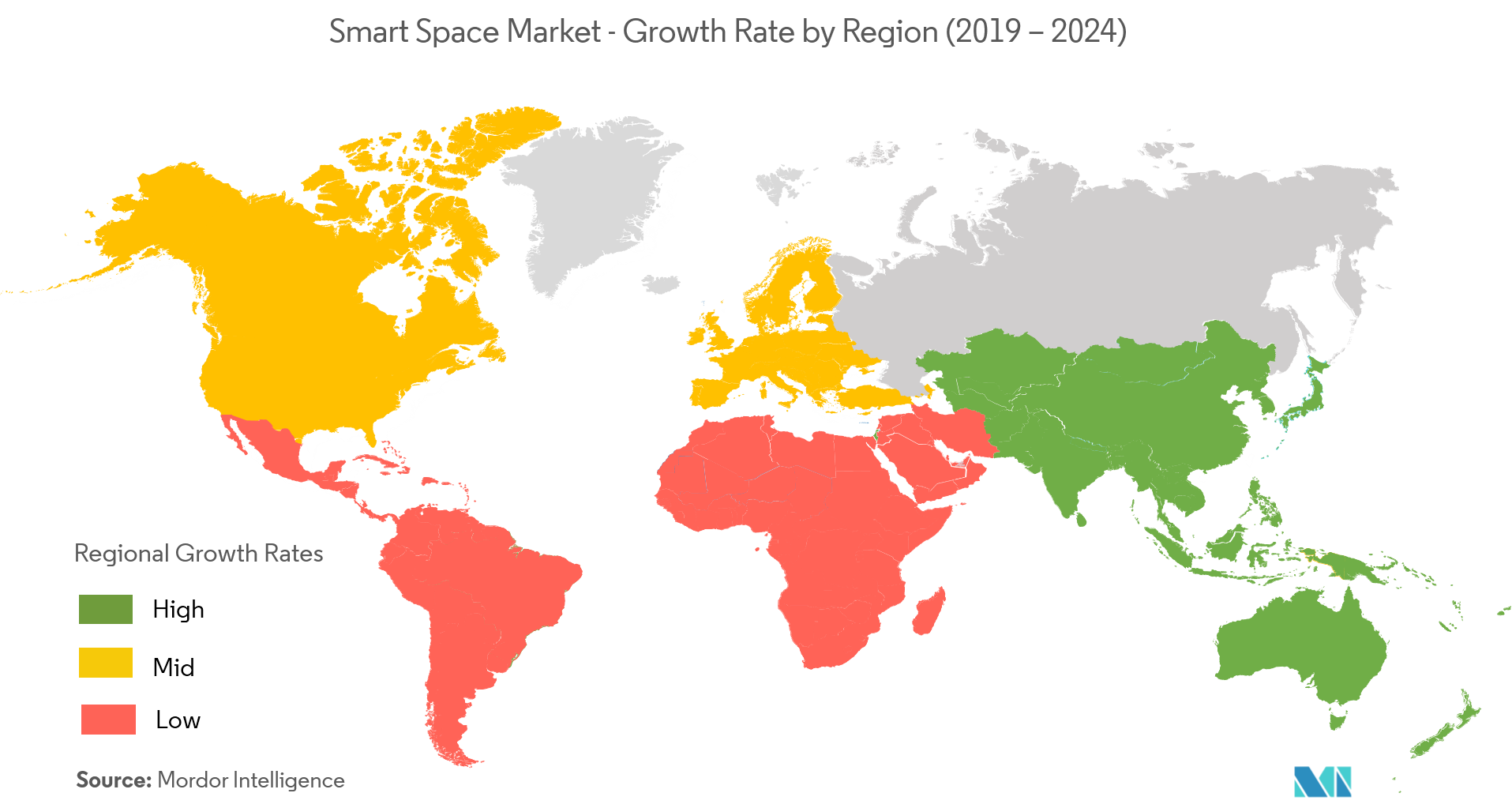Market Trends of Smart Space Industry
This section covers the major market trends shaping the Smart Space Market according to our research experts:
Commercial Segment Estimated to Hold the Largest Market Share
- The commercial segment comprises office spaces, hotels, hospitals, malls, shopping complexes, and restaurants, among others. These organizations with the help of smart space solutions can monitor costs and revenue, develop business plans, and redefine financial goals.
- For instance, Adappt, an Indian smart space solution company, is able to redefine the way organizations are adapting their workplace assets by using an integrated systems approach. The Adappt Cognitive Premise solution provides analytics, control, applications, and optimization to tailor each organization workplace according to its unique personality.
- The companies are looking forward to expanding their business footprint across different geographical region. This is one of the major factors contributing to the growth of the smart space market over the forecast period.
- For instance, in May 2019, Mitsubishi Electric Corporation announced a complete takeover of ICONICS Inc. This would allow Mitsubishi to strengthen its software portfolio and technology.

Europe is Expected to Hold a Significant Market Share
- The Northwest European region faces a great challenge, due to a shift toward a low carbon footprint economy. Municipalities play a pivotal role, as they account for 70% of the NWE energy consumption and CO2 emission. Especially, standard public street lighting accounts for approximately 30% of municipalities‘ total electricity consumption.
- Smart space solution aims to promote the usage of smart lighting in small-/mid-size municipalities, along with the sensors attached to light poles. With this arrangement, energy efficiency can be enhanced, CO2 emissions can be reduced, and street lighting can be adjusted as per requirements. This could augment the growth of the smart space market across the region.
- As European cities are expected to become “SMART” in the future, the market studied is expected to grow in the forecast period. For instance, the European Smart Space project aims at increasing the innovation capabilities of industrial SMEs, by exploiting the potential of intelligent and digital technologies.


